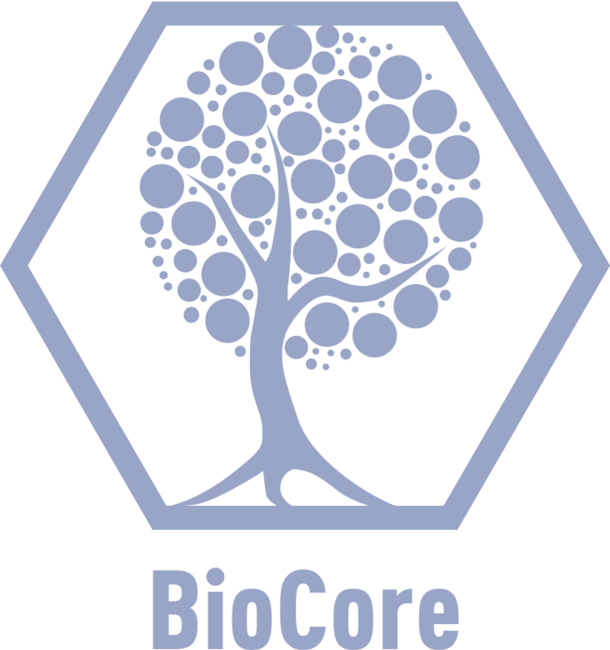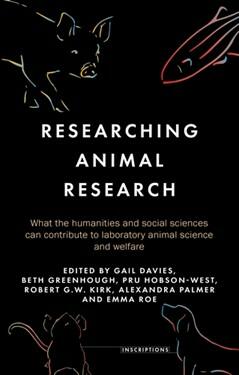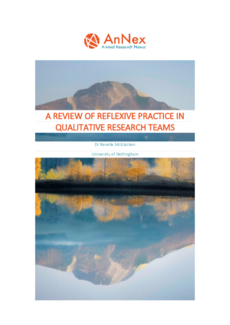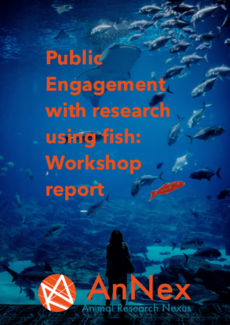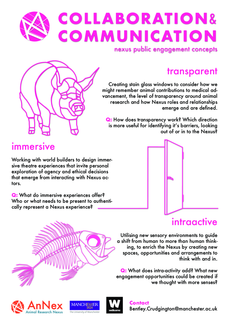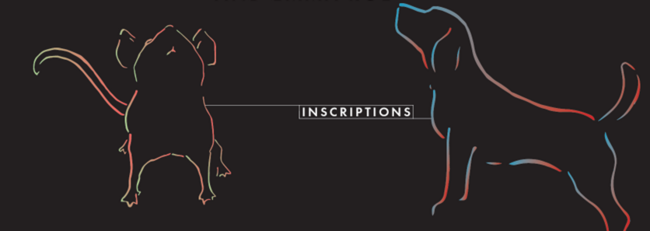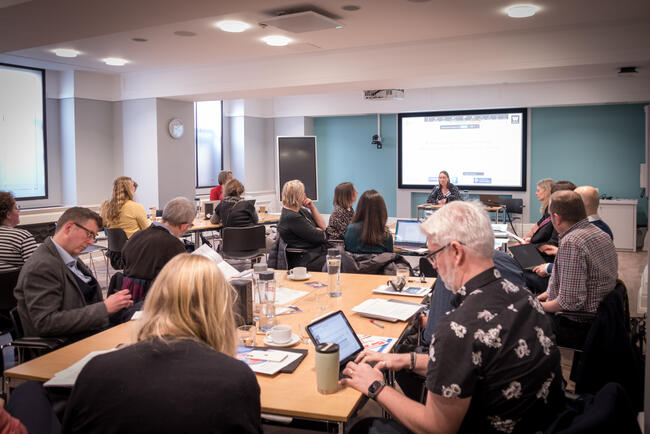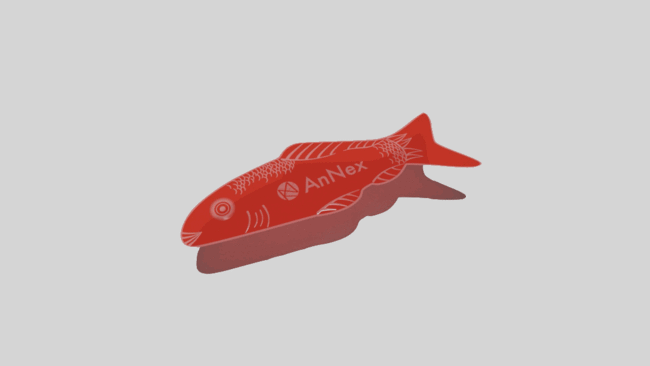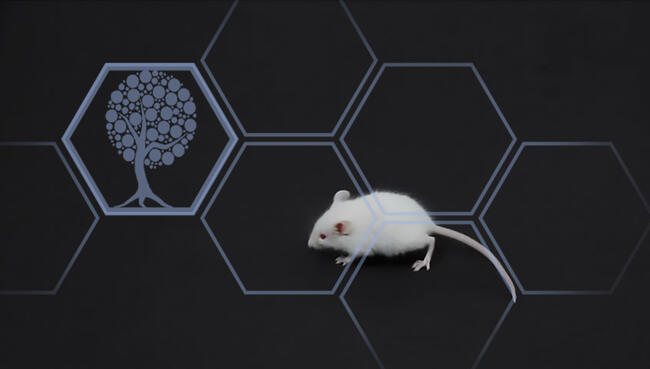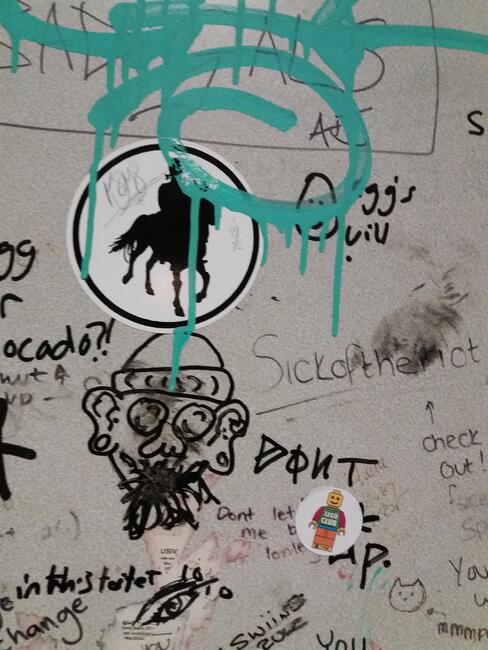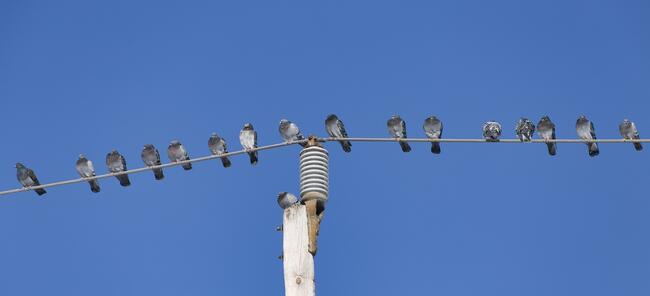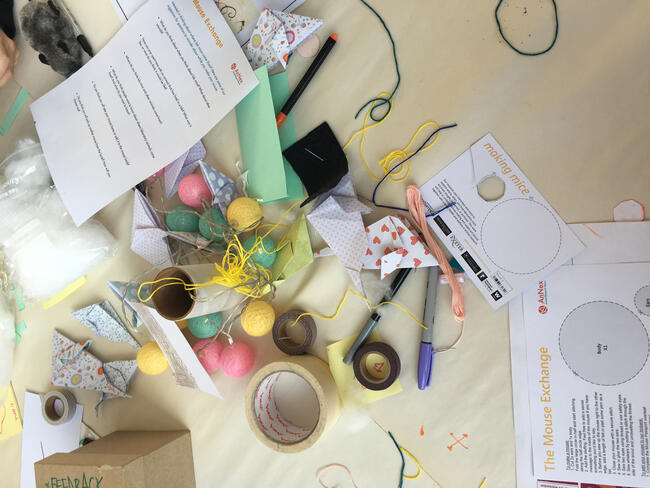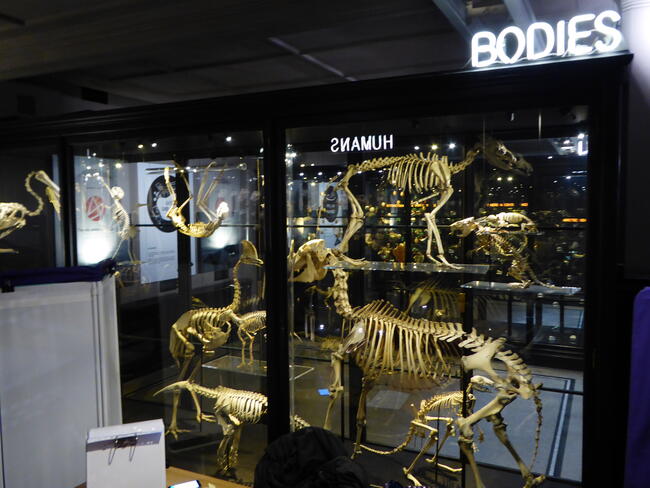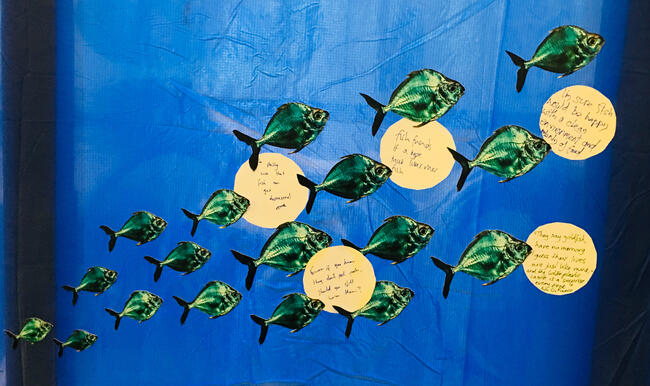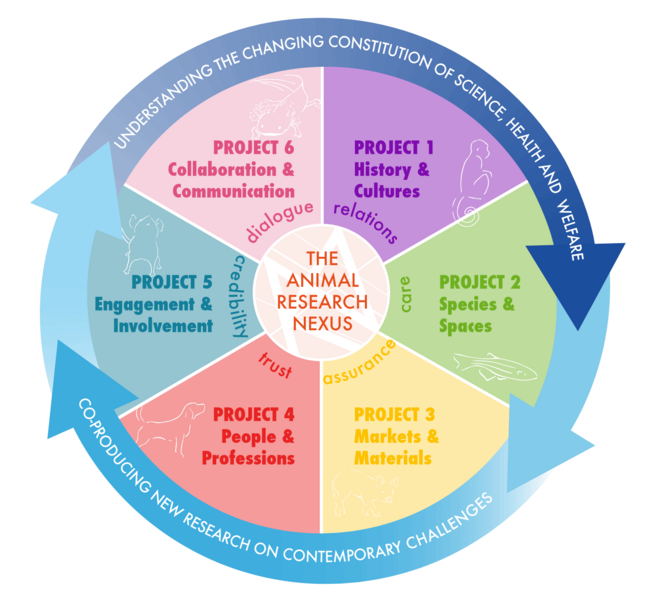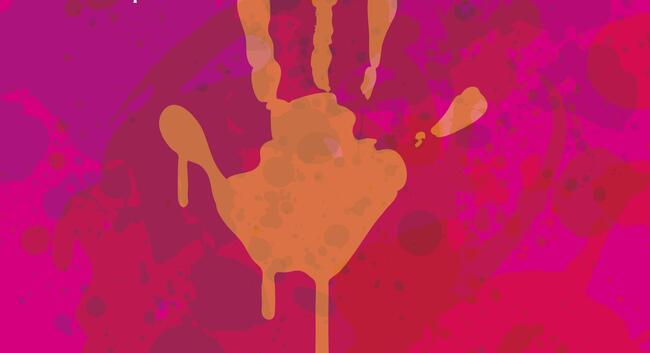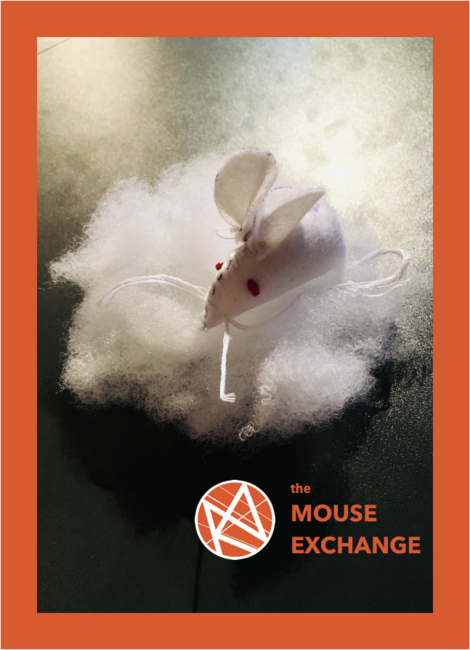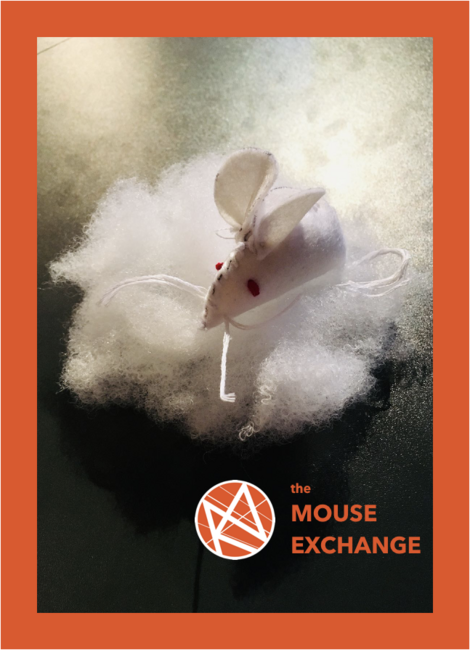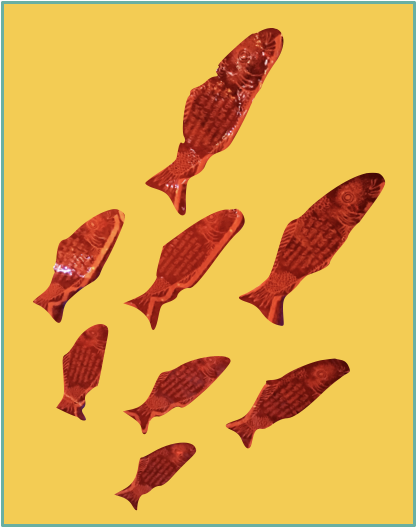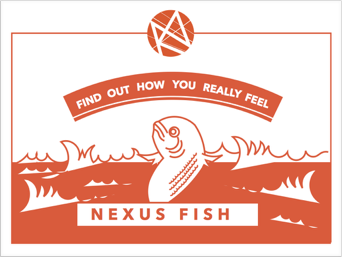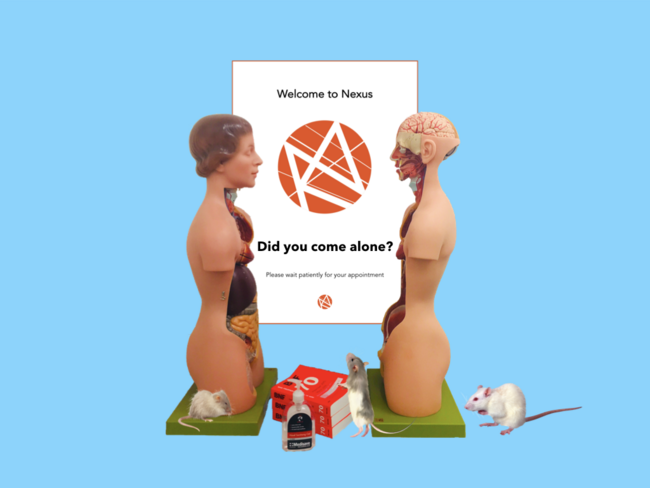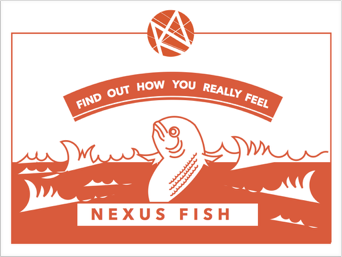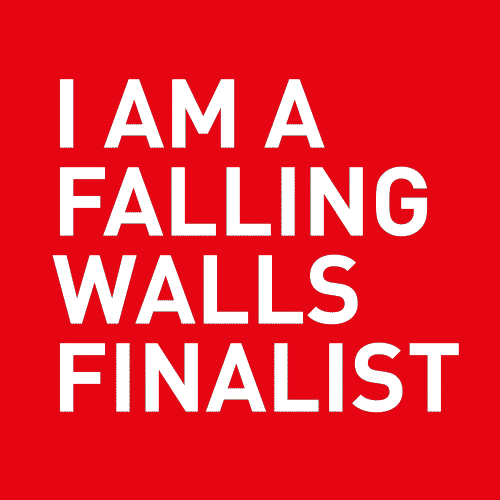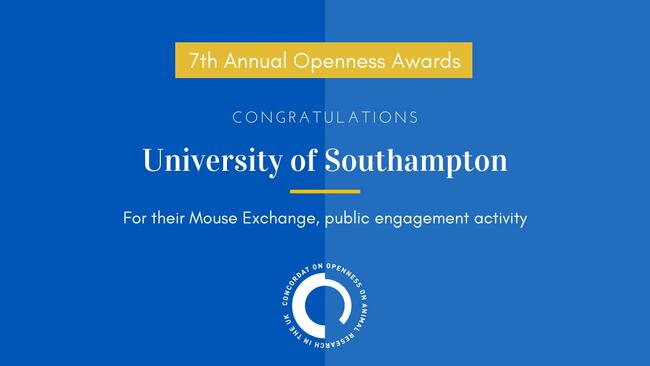Collaboration & Communication
Using the full range of influences wthin the nexus to collaboratively discover emerging challenges for science and society.
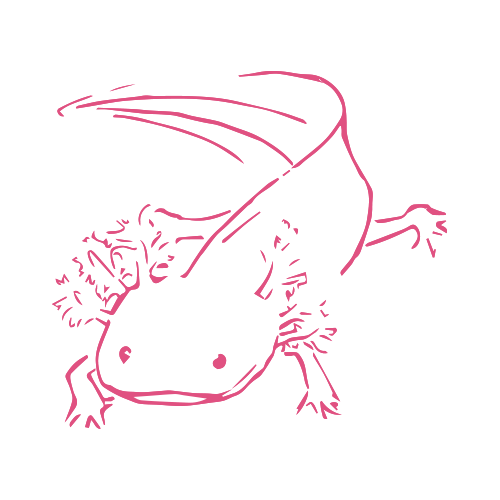
AnNex was organized around five different research projects with an overarching strand dedicated to collaboration and communication, which included our integrated programme of public engagement led by creative facilitator Bentley Crudgington.
Through this strand we used nexus thinking to:
- Build capacity across the sciences, social sciences and humanities for interdisciplinary approaches to laboratory animal research through conferences, workshops, and publications, connecting different perspectives and generating shared understandings
- Co-produce new empirical research on the current challenges in animal research, working closely with our advisory committee, project partners and lay-members’ group to shape research questions, analysis and dissemination
- Create resources, events, and platforms for exchange between policy, practitioners and publics through high-quality communications, community-derived guidelines and training for specialists, and dynamic public engagement activities
- To appreciate that any framework is not only a map, but also a list of obstacles, and attend to the full range of influences and powers acting on and shaping bodies within the nexus so we can collaboratively face emerging challenges for science and society
Relevant, tagged site content:
Engagement Activities
Vector is an immersive theatre experience that tasks participants with ethically reviewing the use of animal models in vaccine development.
